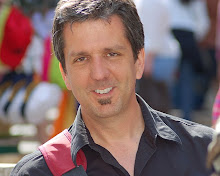If you’re telling a story, whose is it? Is it yours, because you’re the one telling the story? Is it the listeners' story, because they’re experiencing it for the first time? If it has universal human themes, does it belong to everybody? Maybe it belongs to nobody?
Take, for instance, the story which I am unwinding. My version tells my part of it. But there is also the mother who gave birth to me, and gave me up for adoption at birth and then worked to suppress the memory until I found her 45 years later. Then there is the story told from the perspective of the other child she gave up for adoption, who found her 58 years later, or the story of her daughter and grandchildren; is it her story? And there’s the story of her oldest daughter who knew none of this, and is grappling with all of it. My mother is a grandmother and great-grandmother (x3) for the first time at the age of 80. Whose story is this?
And then there’s the young Air Force airman, assigned to make sure that the airmen under his command made up to the Colorado ski resort and back, unharmed, who remembers meeting a woman on the slopes for an unnamed fling. Is his story true? Does it connect with the other stories? Does it matter if it's true? I mean, never let the truth get in the way of a great story, right? My father is a father for the first time at the age of 85. Whose story is this?
And then there is his first cousin, who all of a sudden discovered that a man who lived just a few minutes away from her might be the son of that airman, and decided to help him discover the truth. Is this her story?
And then there is all of you, dear readers. You have settled onto this because there must be some universal truth here. What is it? Is it fatherhood? Motherhood? Parenting? Home? Family? Happiness? When I first found Ellen, what resonated with everyone was not my search, it was that first question she asked me in our first phone call: "Are you happy?"
Am I?
